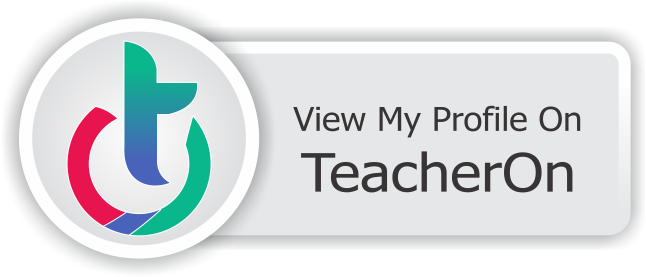Monday 27 March 2023
Tools used for big data analytics
Big data analytics involves processing and analyzing vast amounts of data to derive insights and make informed decisions. To accomplish this, there are several tools that businesses use to manage, store, process, and analyze their data. Some of the commonly used tools for big data analytics include:
Hadoop: Hadoop is an open-source framework that allows businesses to store and process large datasets. Hadoop comprises two main components: Hadoop Distributed File System (HDFS) and MapReduce. HDFS is used to store and manage data, while MapReduce is used to process data across a cluster of computers.
Spark: Apache Spark is an open-source big data processing engine that provides faster data processing compared to Hadoop MapReduce. Spark is designed to handle a wide range of workloads, including batch processing, real-time streaming, and machine learning.
NoSQL Databases: NoSQL databases are non-relational databases that can handle large datasets and offer faster data processing compared to traditional relational databases. Examples of NoSQL databases include MongoDB, Cassandra, and HBase.
Tableau: Tableau is a data visualization tool that allows businesses to create interactive visualizations of their data. Tableau enables businesses to analyze their data in real time, create custom dashboards, and share insights with stakeholders.
Python: Python is a programming language that has gained popularity for data analysis and machine learning. Python has a variety of libraries and frameworks, including Pandas, NumPy, and Scikit-learn, that make it an excellent tool for data analysis and machine learning.
R: R is a programming language and software environment for statistical computing and graphics. R has a variety of libraries and packages that make it an excellent tool for data analysis, machine learning, and statistical modelling.
Apache Kafka: Apache Kafka is an open-source platform used for real-time data streaming and processing. Kafka is designed to handle high volumes of data streams and allows businesses to process and analyze data in real time.
Conclusion:
In conclusion, big data analytics requires specialized tools and techniques to manage, store, process, and analyze vast amounts of data. The tools used for big data analytics range from open-source frameworks like Hadoop and Spark to commercial software like Tableau. NoSQL databases, Python, R, and Apache Kafka are also commonly used tools for big data analytics. The choice of tool depends on the specific needs and requirements of the business. It is essential to choose the right tools for big data analytics to derive insights and make informed decisions.
.png)



No comments :
Post a Comment